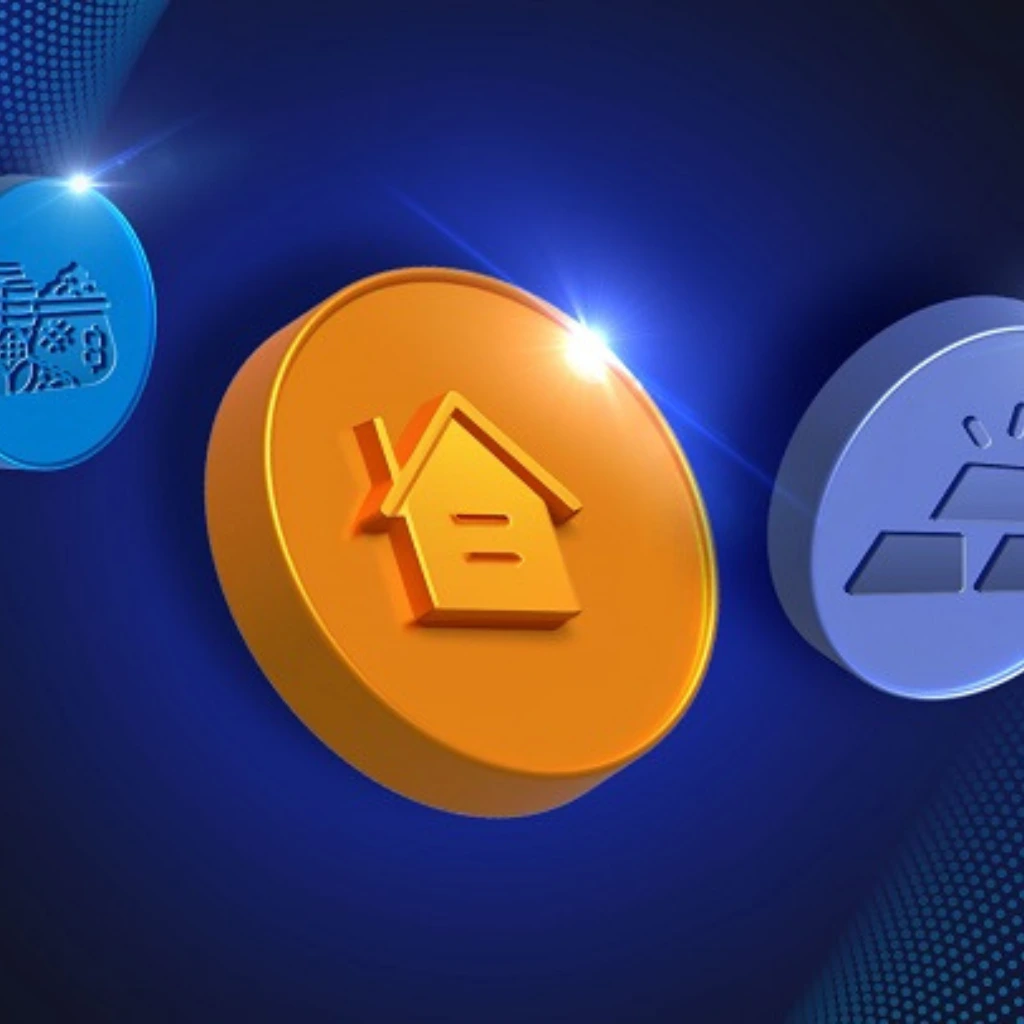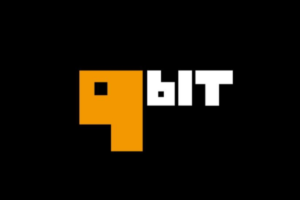Which Real-World Assets Are Ideal for Tokenization? Let’s Break It Down (Legally Speaking)
Understanding Tokenization Through a Regulatory Lens
Tokenization is transforming traditional finance—but before you get carried away with blockchain hype, remember this: law and regulation are central to determining what can (and should) be tokenized. Tokenization turns real-world assets (RWAs) into digital tokens on a blockchain. These tokens can represent ownership, income rights, or future cash flows. But the real game-changer? Legal recognition. Without it, a token is just code. Let’s walk through which asset is the ideal RWA types for tokenization—and why they hold up legally.
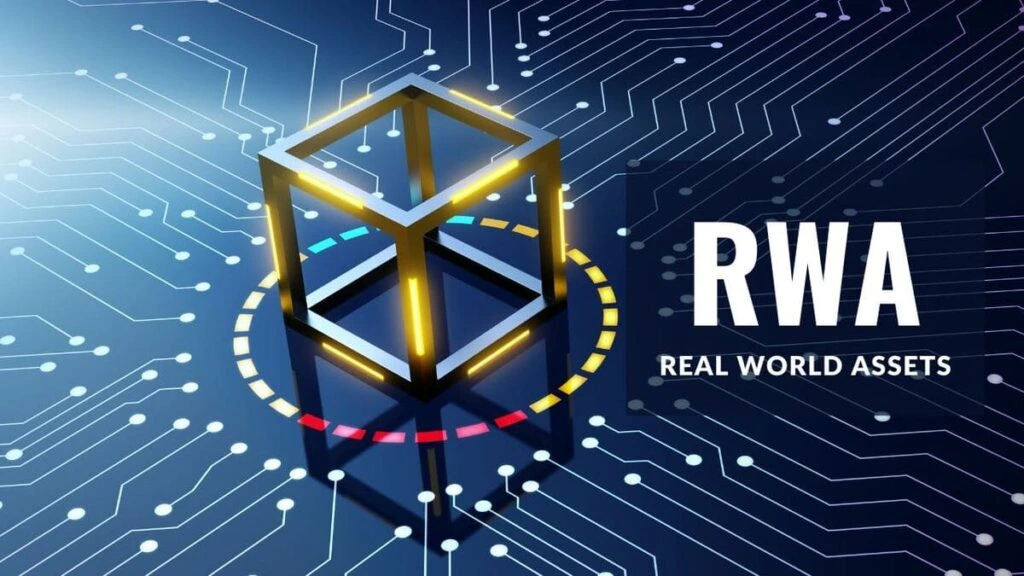
Why Regulation Matters for Ideal RWA Types for Tokenization
Before diving into specific asset types, let’s address the legal elephant in the room: compliance.
Jurisdictions around the world are scrambling to catch up with this new model of ownership and exchange. The most “tokenizable” assets often share a few legal traits:
- Clearly defined ownership rights
- Existing regulatory frameworks
- Transparent valuation methods
- Low legal friction when transferred
Assets that meet these standards are more likely to be approved by regulators and adopted at scale.
1. Real Estate: One of the Ideal RWA Types for Tokenization—With Legal Traction
Real estate is often cited as the poster child for tokenization—and for good reason. Property ownership is well-documented, legally enforceable, and backed by land registries, making it a legally sound candidate.
Smart contracts allow for easier compliance with KYC/AML regulations and property laws. In many jurisdictions, fractional ownership is already legally recognized, which makes tokenized real estate a relatively smooth fit—though local zoning, transfer taxes, and foreign ownership laws still apply.
Platforms like RealT operate under legal wrappers (LLCs or SPVs), enabling investors to legally hold fractional shares. As legal tech evolves, expect even smoother pathways for compliant real estate tokens.
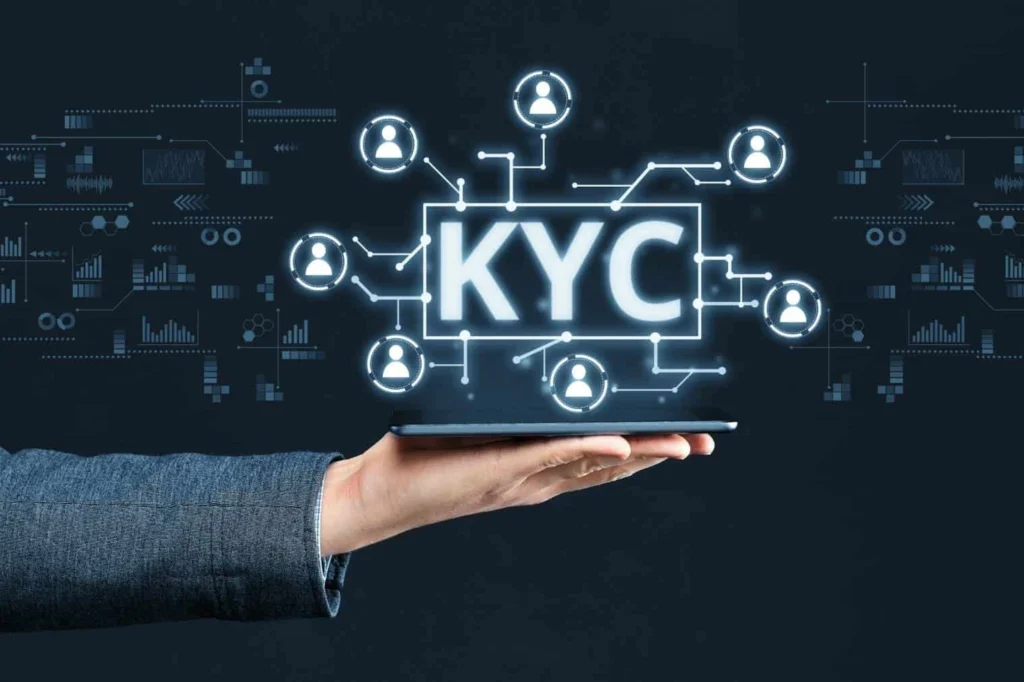
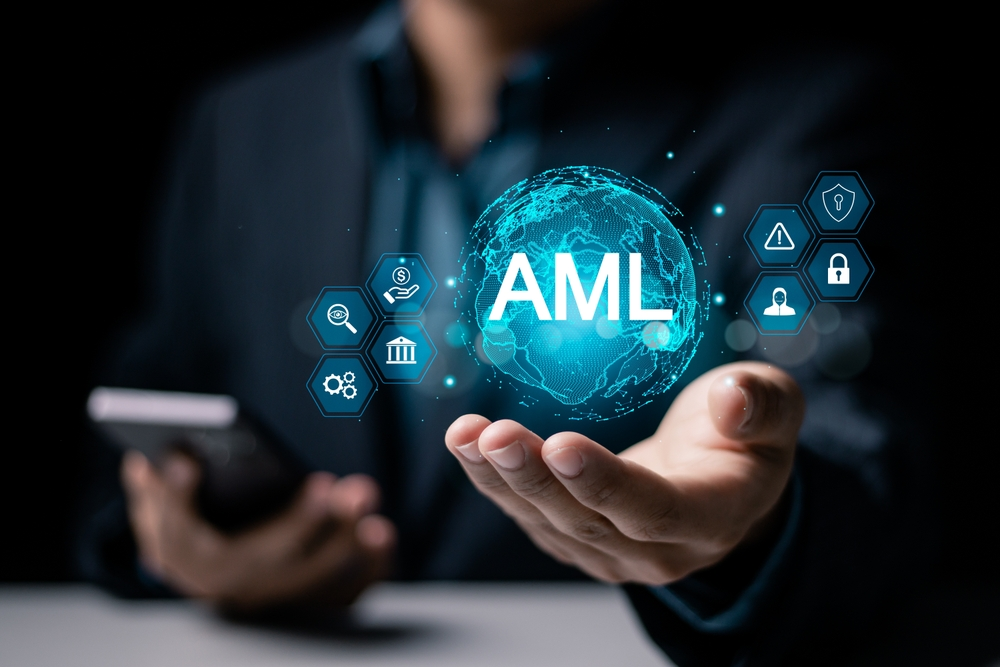
2. Bonds & Treasuries: Highly Regulated and Among the Ideal RWA Types for Tokenization
Bonds—especially government and institutional ones—already function within strict regulatory boundaries. That actually makes them easier to tokenize, not harder.
Why? Because they already come with structured disclosure requirements, maturity terms, and clear ownership rights—all of which can be embedded in a digital token format. This legal clarity is a plus.
Jurisdictions like Switzerland and Singapore are already issuing tokenized bonds within regulated sandboxes. And major institutions like BlackRock and JPMorgan are exploring this space with legal backing.
Bonus: Tokenized bonds offer the added benefit of real-time settlement—a win for both efficiency and compliance.
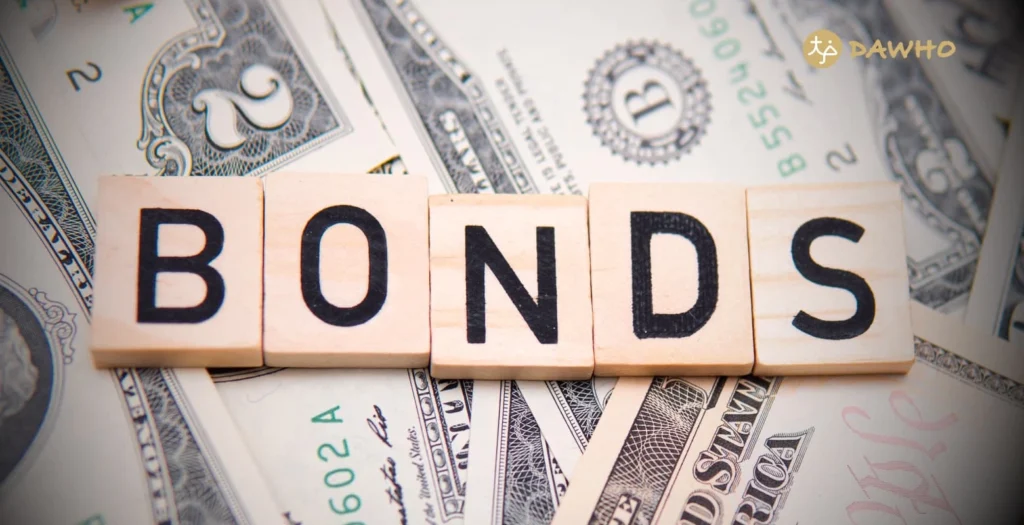
3. Collectibles: Legally Complex, but Not Impossible
Collectibles like art, wine, or sneakers may sound like fun assets to tokenize—but legally, they’re a mixed bag.
First, valuation is subjective, which can lead to investor disputes. Second, custody becomes a legal minefield. Who holds the physical good? Is it insured? How is provenance verified?
Regulatory concerns also emerge around fraud prevention and whether these tokens could be considered securities. Still, in tightly controlled environments—like fine art with provenance documentation—tokenization is feasible under legal supervision.


4. Commodities: Depends on the Jurisdiction
Tokenized commodities—especially gold—are gaining momentum, and with good reason. Gold’s long-standing role as a store of value makes it attractive to regulators who favor predictable markets.
Products like Tether Gold (XAUT) and Paxos Gold (PAXG) are structured to comply with U.S. and international regulations. They typically involve licensed custodians, physical audits, and legal trust arrangements to ensure investor protections.
But beware: Other commodities like oil, wheat, or rare metals introduce logistical and legal challenges, especially in terms of environmental law, transport regulations, and derivatives treatment under CFTC or ESMA guidelines.

5. Intellectual Property & Royalties: Emerging, But Promising
Tokenizing IP—like music rights, patents, or scripts—isn’t just innovative. It may also be legally sound, depending on the jurisdiction and IP type.
Platforms like Royal and Async are designing frameworks where artists can offer royalty-backed tokens, and investors receive contractual rights to revenue streams. These are often structured via legal entities that hold the IP and issue tokens as claim rights.
Still, key questions remain:
- Are these tokens securities under the Howey Test?
- What jurisdictions allow automated royalty payments via blockchain?
With proper structuring, IP tokenization may be one of the most compliance-ready innovations of the next decade.
So, What Makes an Asset Legally “Tokenizable”?
Not every real-world asset is ready for the blockchain spotlight. The most legally sound options usually tick these boxes:
- Clear legal ownership structure
- Regulatory frameworks already in place
- Low risk of physical fraud or disputes
- Transparent valuation or income generation
In short: The best candidates are assets that already have legal clarity in traditional finance.
Final Thoughts: Legal Readiness Defines Success in Tokenization
Tokenization holds huge potential—but regulatory hurdles can’t be ignored. The ideal RWA types for tokenization aren’t just about hype or market fit—they’re about legal viability.
Real estate, bonds, some commodities, and even music royalties offer compliant paths forward. Others, like collectibles or oil, may require stronger legal scaffolding to go mainstream.
As regulators mature their frameworks and legal wrappers evolve, more assets will come online. But for now, tokenization success is tightly tied to legal readiness—and smart players will build accordingly.
Relevant Link : Here

